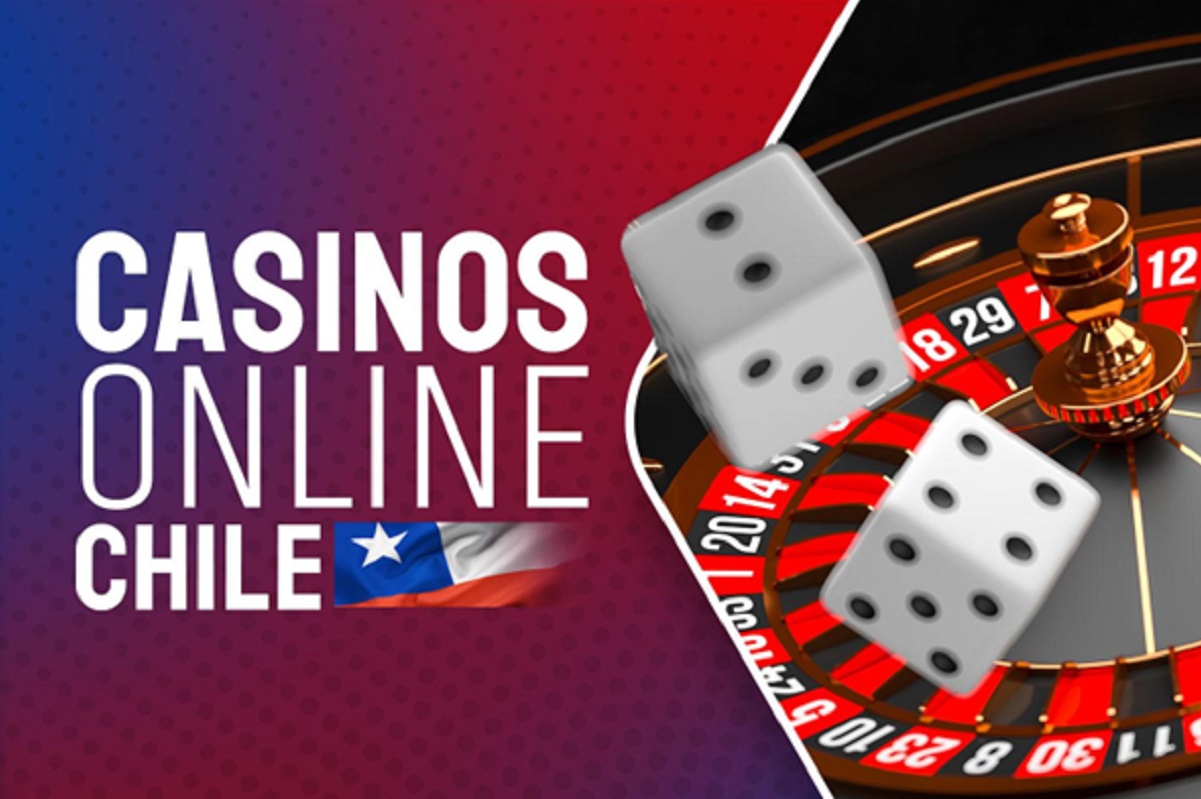
When we think of gambling games, the initial pictures that often come to mind are those of rotating wheel wheels, poker tokens clattering on felt surfaces, and cubes flying across a betting area. 23win While numerous view these games as simple hobbies fueled by chance, a deeper exploration reveals a fascinating blend of tactics, skill, and social engagement that elevates them far beyond basic chance. Whether you are a seasoned player or a inquisitive newcomer, grasping the subtleties of these games can significantly enhance your experience and appreciation.
Casino activities have evolved over hundreds of years, with different cultures contributing to their diverse backgrounds and variations. From the intricate strategies of 21 to the bluffing tactics in card games, players engage in a contest of intellect as much as a gamble on odds. This dynamic interplay between chance and skill creates a exciting atmosphere that draws countless people to gambling establishments worldwide. As we explore the world of table games, we will uncover the methods that can shift the odds in your advantage and the community elements that make these activities a popular choice for entertainment and interaction.
A Approach Behind Casino Games
Table games often involve a mix of ability and luck, making them fascinating for players who enjoy a test. Each title has their own set of rules and tactics that can influence the results. For example, in games like 21, participants are obliged to use strategies like counting cards and grasping the odds to make smart decisions. This skill set can greatly improve their winning potential, distinguishing seasoned players from novices who may rely solely on luck.
In contrast, titles such as roulette may seem to be purely based on luck, but strategic thinking can also play into the equation. Participants can select between various betting tactics, such as the Martingale strategy, in which they raise the bets after losses. This approach can establish a more methodical approach to the game. Grasping the odds of specific bets can also assist players make better decisions on the table, demonstrating that even in titles of luck, strategy can enhance the experience.
Additionally, the game of poker stands out as a game that heavily focuses on strategy. Unlike most gaming titles, the game of poker merges skill, psychology, and chance. Players must not only concentrate on the cards they are given but also consider their opponents actions and wagering patterns. Mastering principles like position, the odds of the pot, and reading bluffs is essential for winning. This complexity of strategy in poker often creates to a more immersive encounter for players, as the choices and abilities significantly impact the game’s results.
Grasping Probability and Odds
In the realm of casino games, likelihood and odds have a critical role in deciding a gambler’s potential outcomes. Every match has its own set of rules that dictate how the probability of winning or failing is calculated. For example, in games like blackjack, participants have a opportunity to influence their odds through tactics, whereas in games like roulette, the outcomes are exclusively dictated by chance. Comprehending how these probabilities are measured can greatly affect how a player approaches the match.
Odds are typically presented in two formats: ratio and decimal. Ratio ratios represent the proportion of the sum gained to the sum bet, whereas decimal odds show the total return for a winning wager, including the initial bet. For instance, if a match has ratios of 5 to 1, this means that for every one unit staked, a player could gain five units if they win. Learning how to read these ratios allows gamblers to evaluate their possible earnings and make more educated choices during play.
Gamblers should also be conscious of the house edge, which is the casino’s built-in benefit over the gamblers. Each game has a distinct house edge, and grasping this concept is crucial for managing one’s hopes and funds. Bắn cá 23win Activities with a lower advantage, such as blackjack and baccarat, typically offer superior ratios for players compared to activities like slots and lottery. By acknowledging the connection between probability, ratios, and the casino advantage, gamblers can improve their gaming experience and strategize more efficiently.
The Exciting Aspect of Casino Table Games
Casino games at gaming establishments are often seen as a hub of social interaction, drawing players together in a shared experience that goes far past the mere act of gambling. The atmosphere at a poker table can be electric, with gamblers engaging not only with the game itself but also with each other. Laughter, excitement, and, sometimes, playful teasing create connections that enhance the overall experience of the gaming experience. This communal aspect can turn a solitary endeavor into a lively gathering, making table games particularly enticing.
One of the fascinating elements of table gaming is the way it fosters friendship among participants. Whether it’s collaborating to defeat the dealer at a dice table or sharing stories between hands in a poker game, the environment encourages communication. Participants often share advice or strategies, creating a sense of togetherness that boosts the fun. This interpersonal atmosphere can make new players feel welcomed and less intimidated by the competitive nature of gaming. As the game continues, friendships may form, leading to a sense of connection that keeps players coming back to the table.
Moreover, the social aspect of gaming at tables extends beyond just the players. Casino staff play a vital role in encouraging interaction and maintaining the flow of the game. Their ability to engage gamblers with warm dialogue and their expertise in managing the table can create an inviting atmosphere. This relationship between participants and staff adds another layer of enjoyment, where gamblers feel connected not only to one another but also to the staff. Such interactions are often what make the experience memorable, as players leave with tales to tell and connections made, reinforcing the notion that gaming at tables are truly about something greater than luck.